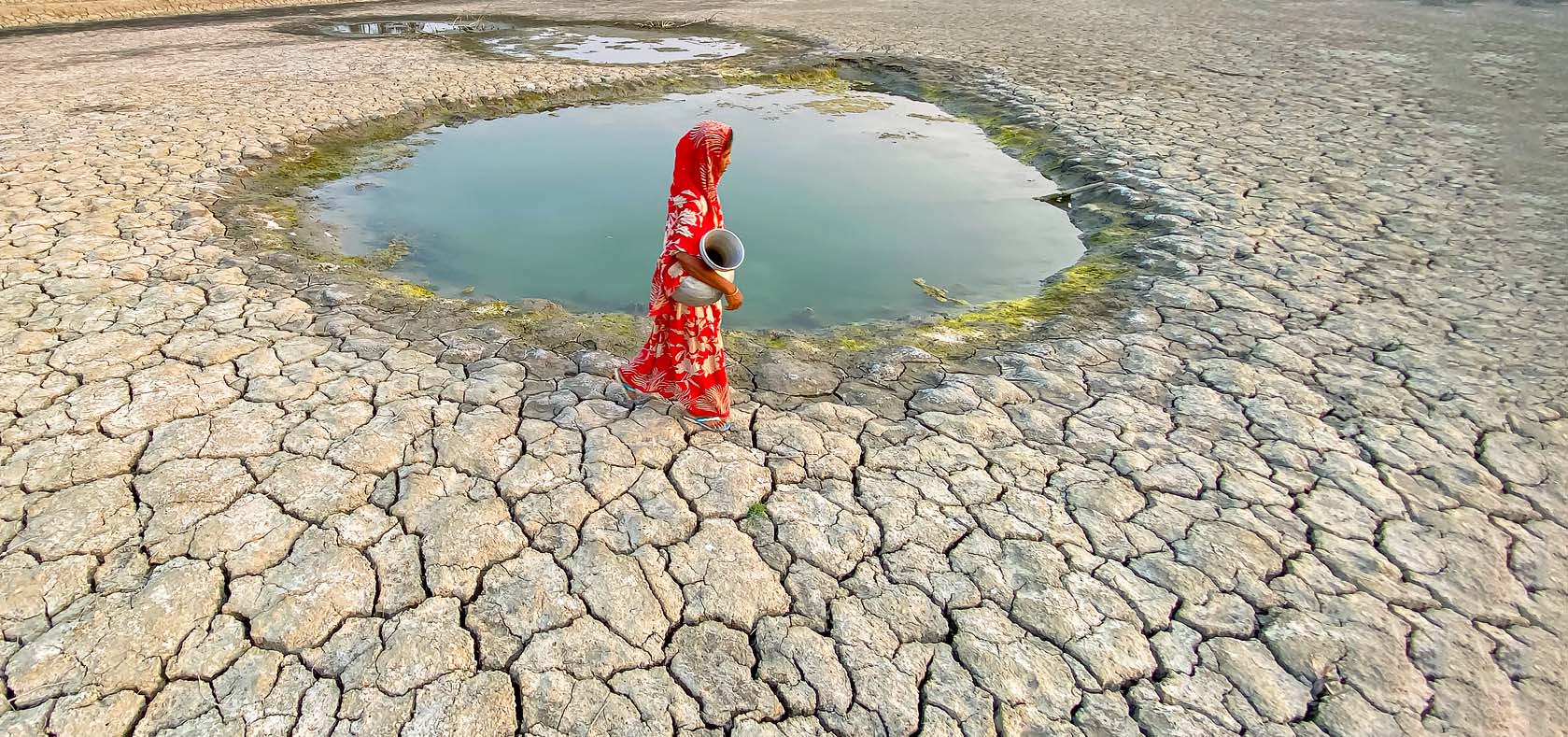How fast is the climate changing?
Climate change is a global crisis with far-reaching consequences. One crucial aspect of this crisis is the speed at which the climate is changing. The Earth's climate is experiencing rapid transformations that have profound implications for ecosystems, biodiversity, and human well-being. In this blog, we will delve into the accelerating pace of climate change, shedding light on the urgency of taking immediate action to mitigate its impacts.
Historical Perspective:
By examining historical climate data and geological records, scientists have determined that the current rate of climate change is unprecedented in recent history. Natural climate variations and shifts have occurred in the past, but the current changes are occurring at an alarmingly accelerated rate.
Rising Global Temperatures:
One of the most evident indicators of climate change is the rise in global temperatures. Over the past century, the Earth's average surface temperature has increased by approximately 1.1 degrees Celsius (2 degrees Fahrenheit). This may seem like a small increase, but it has significant consequences, including melting ice caps, rising sea levels, and more frequent and intense heat waves.
Rapid Ice Melt:
The accelerated pace of climate change is evident in the rapid melting of glaciers and ice caps. Polar ice is melting at an alarming rate, leading to the loss of habitat for Arctic wildlife and contributing to rising sea levels. The Arctic region is particularly vulnerable, with some projections suggesting that the Arctic could be ice-free in the summer within decades.
Extreme Weather Events:
Climate change is fueling an increase in extreme weather events such as hurricanes, droughts, floods, and wildfires. These events are becoming more frequent and intense, causing significant damage to communities, infrastructure, and natural ecosystems. The rising frequency of extreme weather events is a clear indication of the rapidly changing climate.
Feedback Loops and Tipping Points:
Perhaps most concerning is the potential for feedback loops and tipping points in the climate system. These are self-reinforcing processes that, once triggered, can accelerate climate change even further. For example, the melting of Arctic ice reduces the Earth's ability to reflect sunlight, leading to more heat absorption and further ice melt.
Conclusion:
The pace at which the climate is changing is cause for great concern. Rising temperatures, rapid ice melt, increasing frequency of extreme weather events, and the potential for feedback loops all highlight the urgent need for action. To address climate change effectively, it is crucial to mitigate greenhouse gas emissions, transition to renewable energy sources, protect and restore ecosystems, and promote sustainable practices. Time is of the essence, and our collective actions can make a difference in shaping a more sustainable and resilient future for our planet. Let us act swiftly and decisively to combat climate change and safeguard the well-being of current and future generations.

True! Climate is changing we can look at the example of how it rained these past days.
ReplyDeleteThis comment has been removed by the author.
ReplyDeleteIt never rains this much in june, the temperature is always high but for thd past few weeks it has been very low which is new here in Islamabad
ReplyDeleteImpressive
ReplyDeleteI agree! We need to act together and collectively in order to prevent future damage.
ReplyDeleteI totally agree
ReplyDeleteHighly knowledgable article
ReplyDeleteGreat insight!
ReplyDeleteI didn't know climate change was changing this quickly
ReplyDeleteAn alarming concern it surely is! The Information is really nicely put together
ReplyDeleteGreat !
ReplyDelete